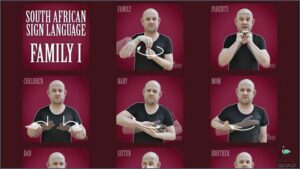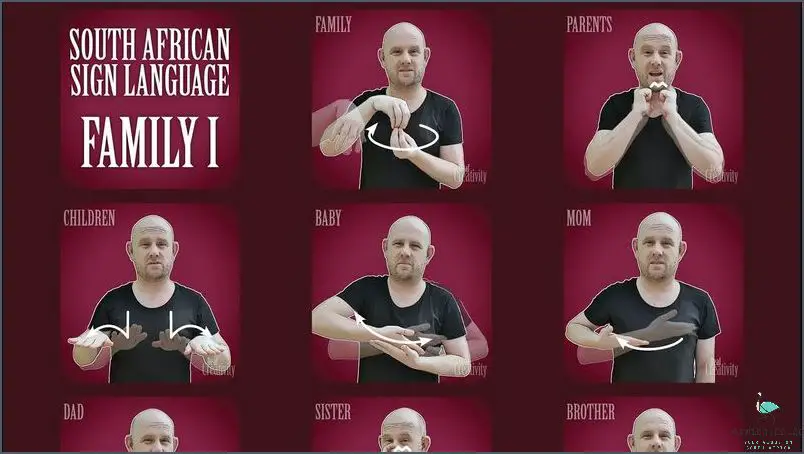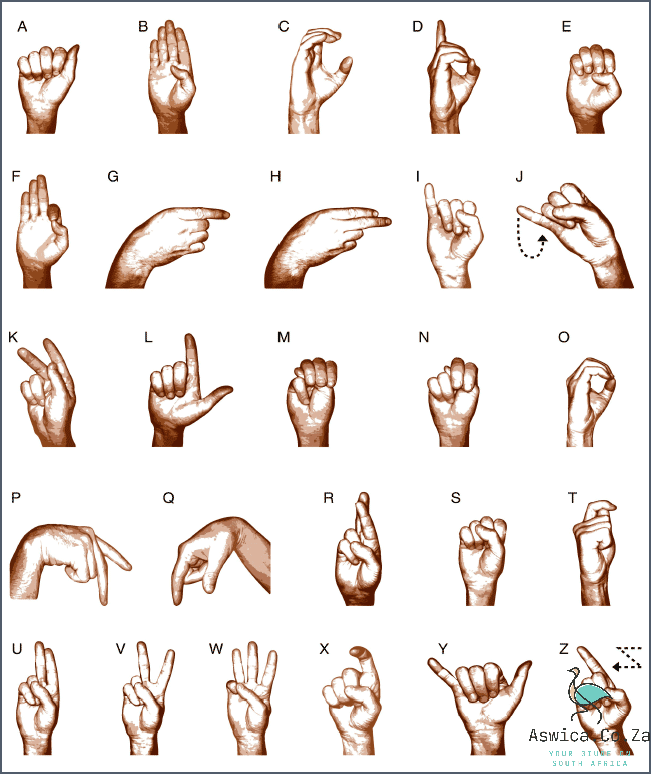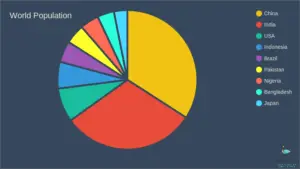
African languages are spoken by over 1.2 billion people on the continent of Africa. This number is expected to reach 2.5 billion by 2050. African languages are diverse, and they vary in terms of their grammar, vocabulary, and pronunciation. Some of the major African languages include Afrikaans, Arabic, Amharic, Igbo, Swahili, and Yoruba. African languages are important in the global linguistic community, and they are used throughout the world to communicate with people from Africa and around the world.
Contents
Is African A Language
No, African is not a language. African is a continent made up of 54 countries, each with its own diverse language and culture. In some of these countries, there are multiple languages spoken. For example, in Nigeria, there are over 500 languages. Also, the African continent is home to many of the world’s most spoken languages, including Arabic, English, French, and Swahili. These languages are spoken by hundreds of millions of people across the continent, and have been used for centuries to communicate between cultures and nations. Thus, it is clear that African is not a language, but rather a diverse continent with many different languages.
Historical background of African language
Since the dawn of time, African languages have been an integral part of the continent’s cultural and linguistic heritage. With hundreds of languages spoken across the continent, African languages have a long and varied history. From ancient Egyptian hieroglyphics to modern-day Swahili, African languages have been used to communicate and preserve the continent’s rich culture for generations.
The first evidence of African languages dates back to around 3000 BCE, when ancient Egyptian hieroglyphics were used to write the earliest known African language. By the first century CE, the language had spread to other parts of North Africa, with numerous dialects being spoken throughout the continent.
As the continent was colonized and new nations formed, so too did the languages evolve. African languages were heavily influenced by European languages, leading to the creation of creoles and pidgins. In fact, the most widely spoken language in Africa today, Swahili, is believed to be a mix of African and Arabic languages.
Though African languages have undergone many changes over the centuries, they remain a strong part of the continent’s cultural identity today. In many African countries, African languages are the official language, used for education, business, and communication. African languages are also used in literature, music, and other forms of art.

There is no doubt that African languages have played a major role in shaping the continent’s history and culture. From ancient hieroglyphics to modern-day creoles, African languages have been used to communicate and preserve the continent’s rich culture for generations. As African countries continue to evolve, African languages will continue to be a part of the continent’s rich heritage, ensuring that its legacy will live on for generations to come.
Characteristics of African language
African language is a term used to describe the diverse array of languages spoken across the continent of Africa. African languages are divided into four main families: Afro-Asiatic, Nilo-Saharan, Niger-Congo, and Khoisan. Although the majority of African languages are spoken in Africa, there are also several languages spoken in the Americas and Europe, such as Yoruba and Swahili.
African languages are known for their unique characteristics, which make them distinct from other language families. One of the most notable characteristics of African languages is the wide range of tones and phonemes used to express different meanings. For example, some African languages use a single tone to express a different meaning than in other languages, while other African languages use multiple tones to express the same meaning. Similarly, some African languages have a range of phonemes that are not found in other languages.
Another characteristic of African languages is the use of click consonants. Click consonants are sounds that are produced by pushing air through the mouth and clicking the tongue against the roof of the mouth. This type of sound is found in a few languages outside of Africa, most notably in the Khoisan languages of Southern Africa.
African languages are also known for their use of agglutination, which is the process of combining multiple words into a single word. This is especially true for languages belonging to the Niger-Congo family, which is the largest language family in Africa. Agglutination is used to express complex ideas and concepts efficiently.
Finally, African languages often make use of proverbs and idiomatic expressions to convey deeper meanings. These expressions are an important part of African culture, and they are often used to convey traditional values and beliefs.

In conclusion, African languages are unique in their use of tones, phonemes, click consonants, agglutination, and proverbs and idiomatic expressions. These characteristics make African languages distinct from other language families and are an important part of the culture and identity of the people who speak them.
Recent research on African language
Is African a language? The answer to this question may surprise some, but the short answer is that African is not a language. African is a continent which is home to a large number of languages, many of which are mutually unintelligible.
Recent research on African languages has revealed a wealth of linguistic diversity on the continent. African languages are highly varied, with many of them belonging to distinct language families. These language families include Nilo-Saharan, Afroasiatic, Niger-Congo, and Khoisan. With over 2000 languages spoken in Africa, the continent is considered to be one of the most linguistically diverse regions in the world.
The study of African languages has been an area of active research for many years, with linguists and anthropologists examining the history and development of the languages. A key area of study has been the relationship between African languages and their colonial counterparts. This research has revealed that many African languages have been influenced by European languages due to the prevalence of colonialism. For example, the language spoken by the Yoruba people of Nigeria has been significantly influenced by English and Portuguese.
More recently, research on African languages has focused on how technology is impacting language use. This research has revealed that technology is playing an important role in how African languages are used in everyday life. For example, the use of mobile phones has enabled citizens in African countries to communicate more easily with each other. Additionally, research has shown that the use of social media is enabling African languages to be used more widely online.
Overall, recent research on African languages has revealed that the continent is home to a rich and diverse range of languages. It has also revealed that technology is playing an important role in how African languages are used in everyday life. As such, it is likely that African languages will continue to be an area of active research for many years to come.
Conclusion
No, African is not a language. African is a continent with over 2,000 languages spoken on it.



